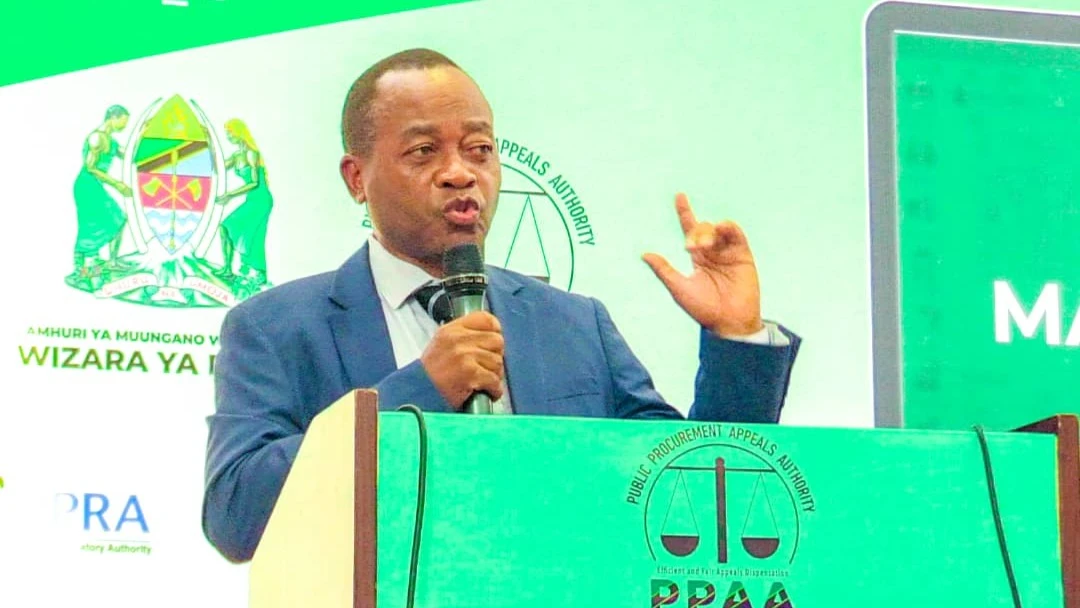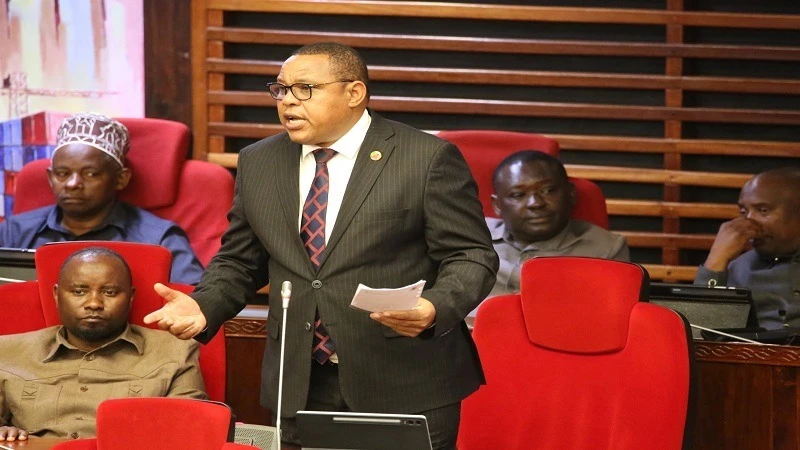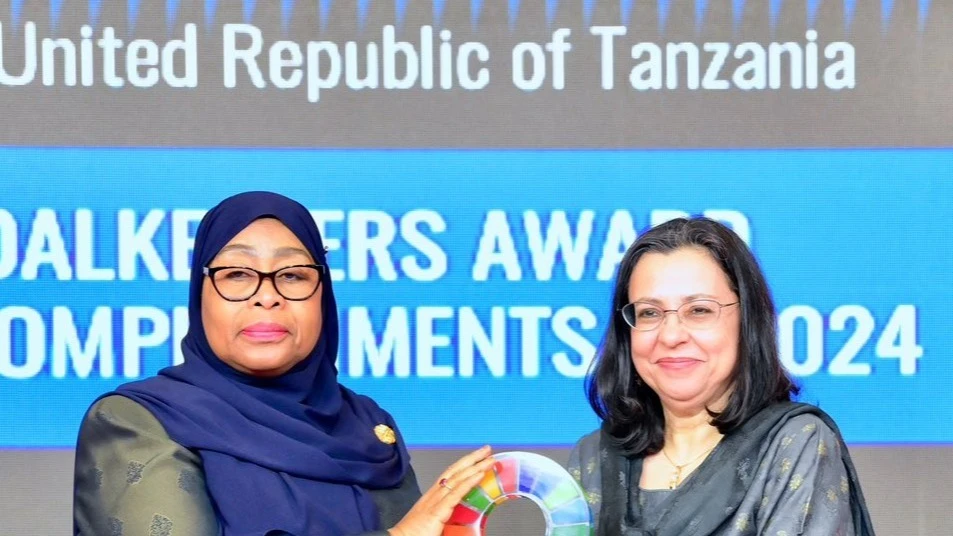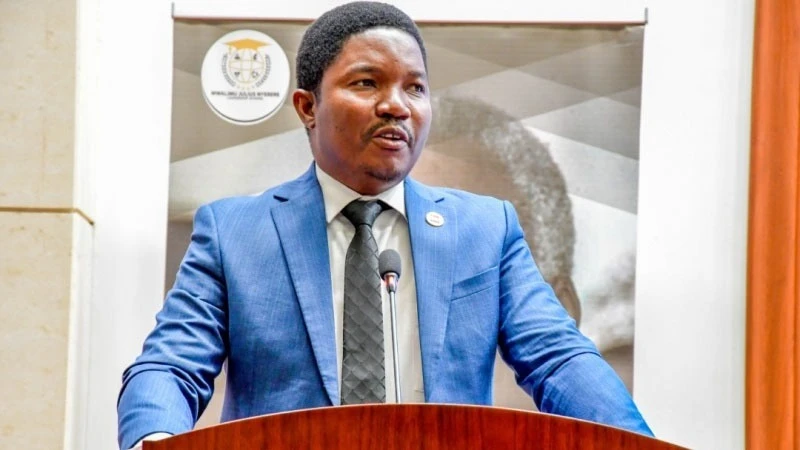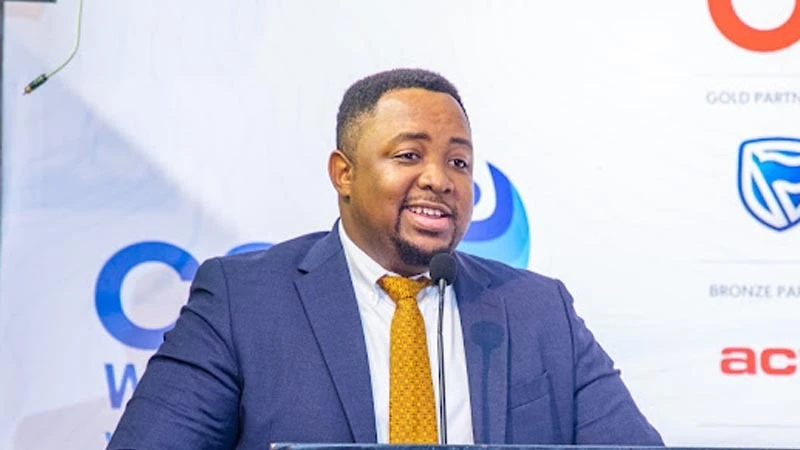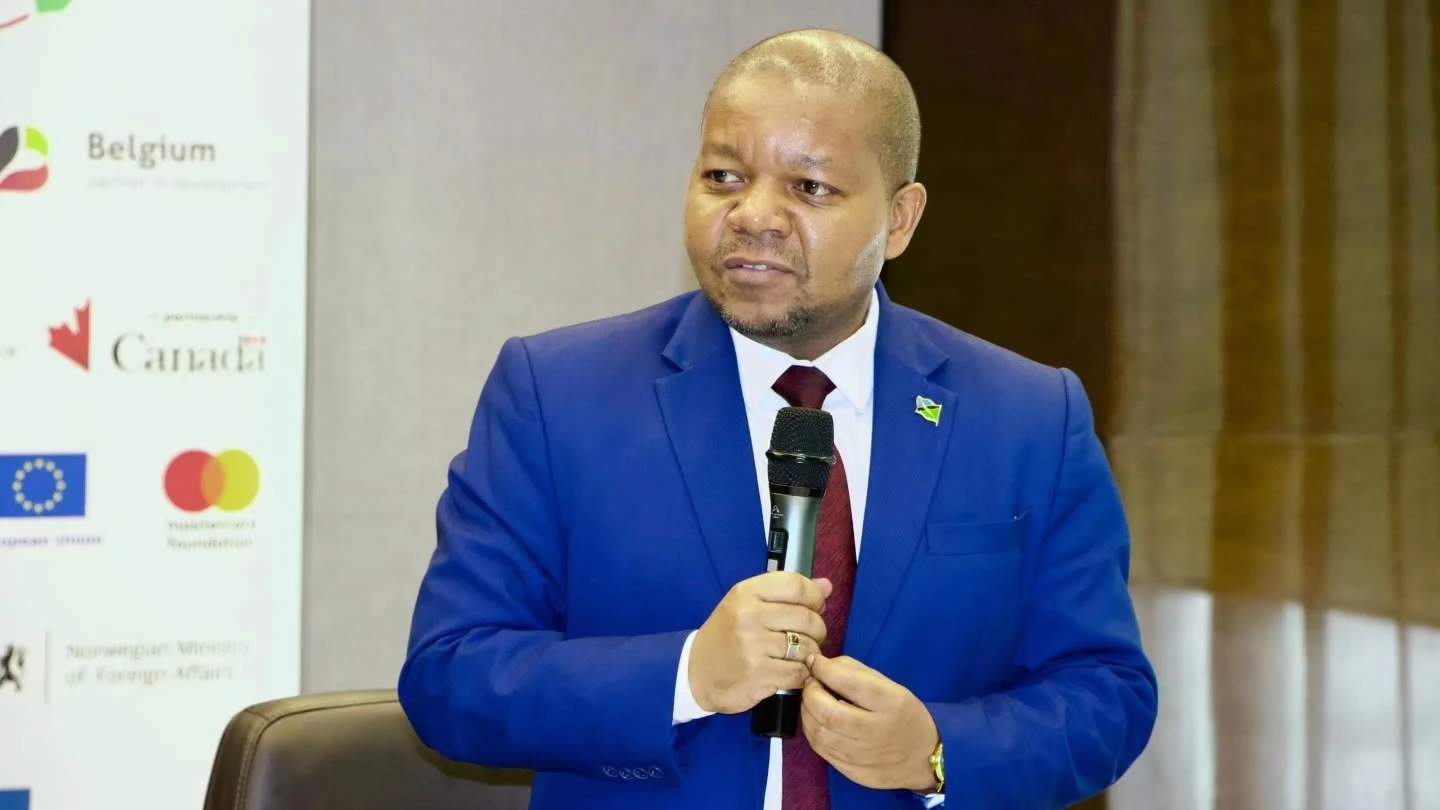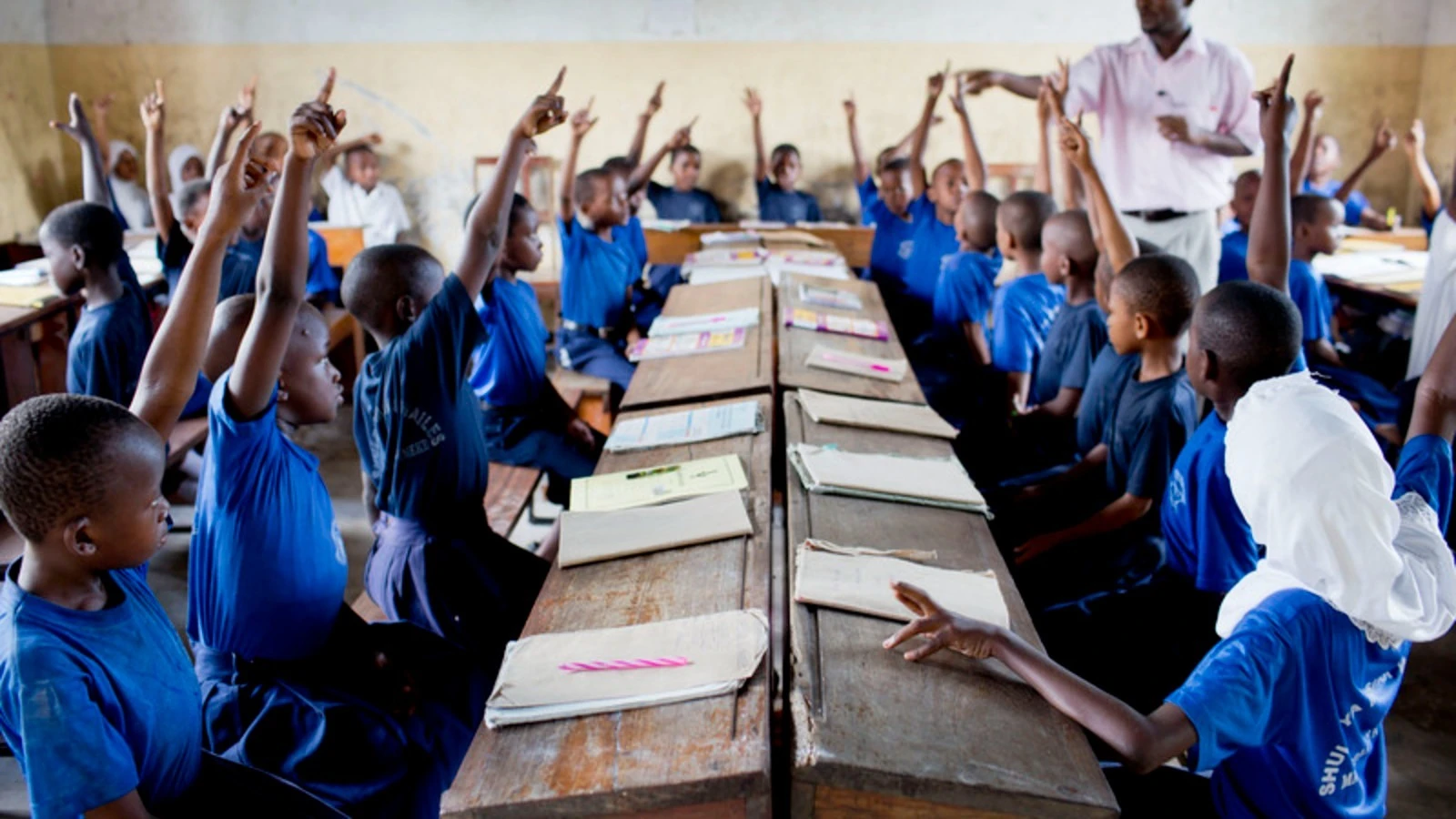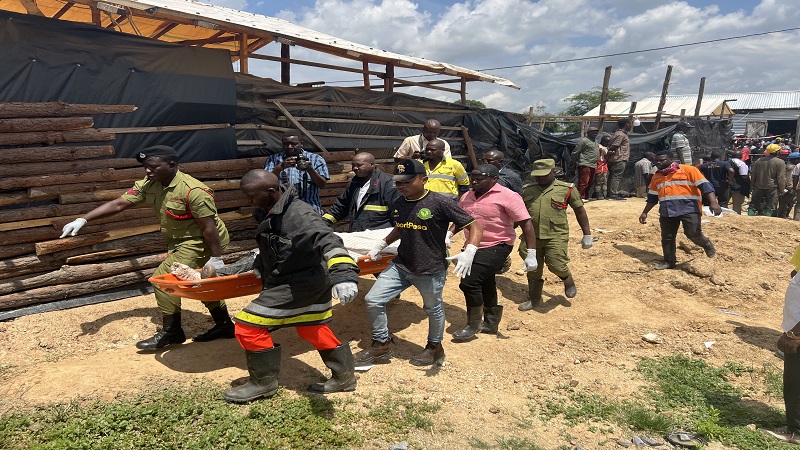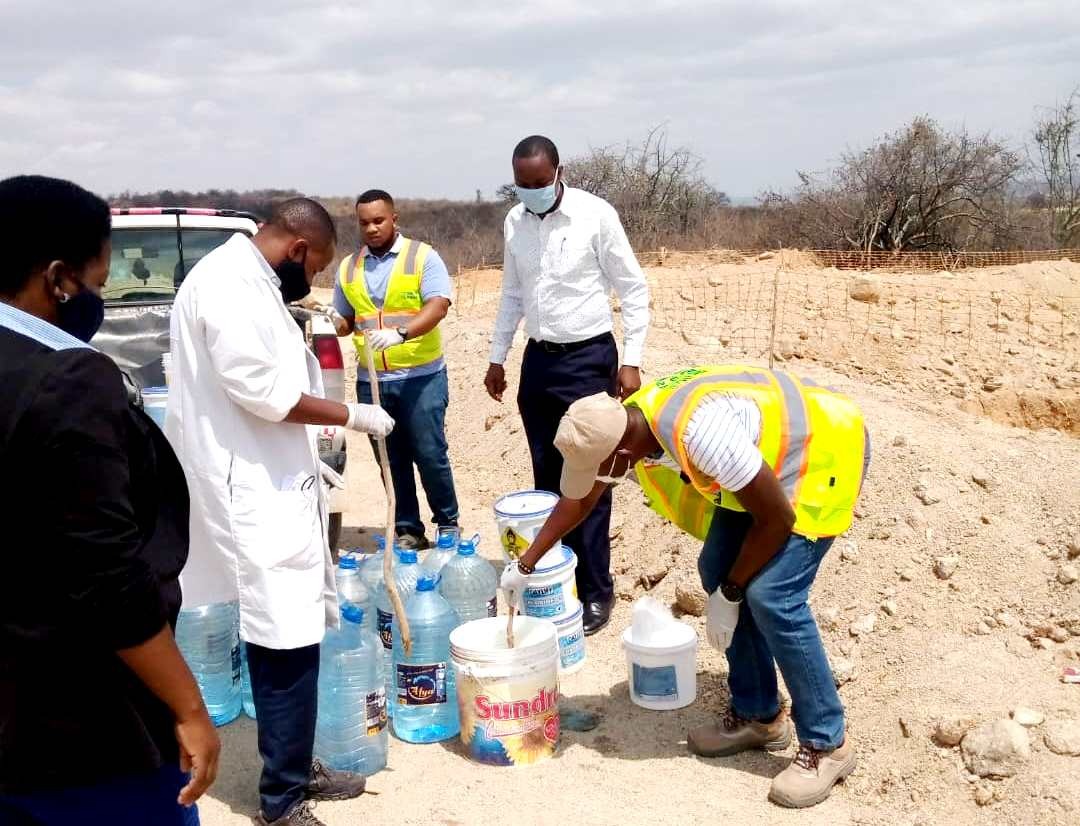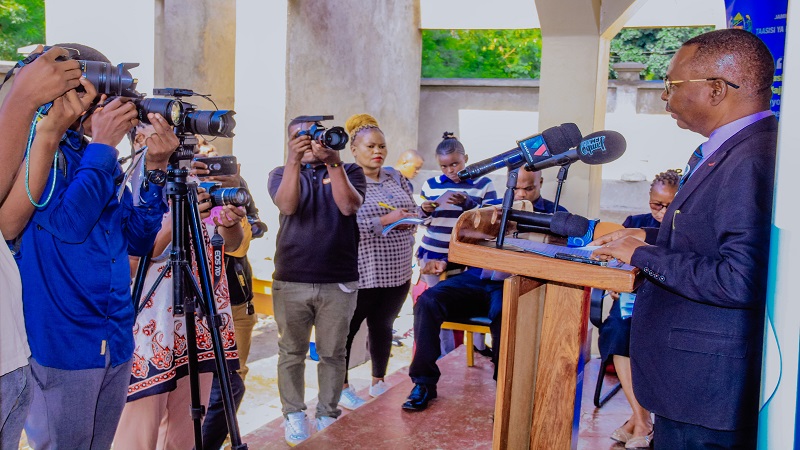Doctor Setting Standards For Tanzania’s Health Conferencing
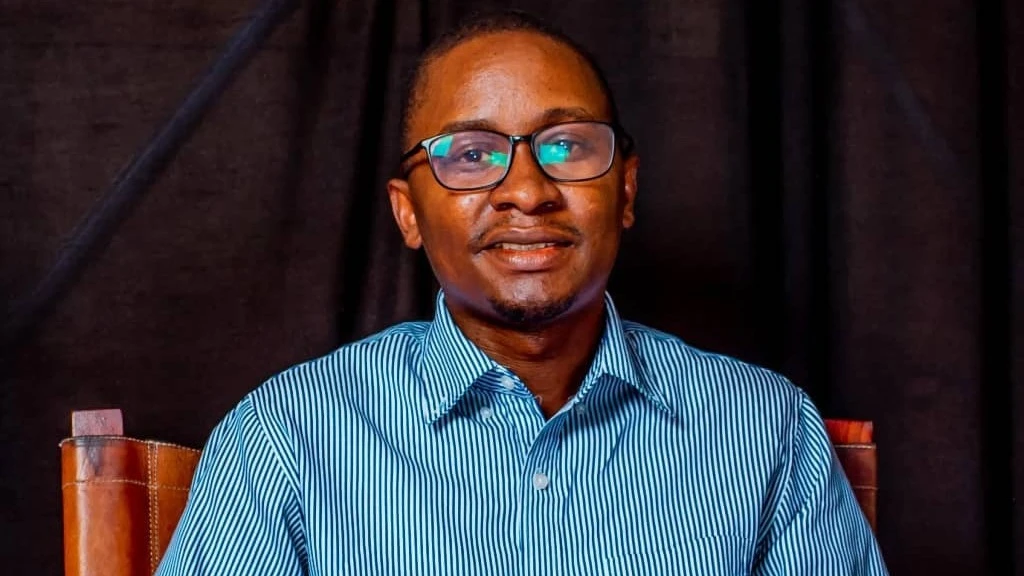
OVER a decade ago, when Dr. Omary Chillo, a physiologist, teamed up with his colleagues to carve the idea of establishing the-now-prominent Tanzania Health Summit (THS), it never crossed his mind that the institution he was building at the time would later evolve to the size and scale it has become today—convening over 1,500 health stakeholders annually, locally and internationally—and being a catalyst for progressiveness of Tanzania’s health agenda.
Today, if you ask Dr. Chillo to unravel the secret behind the summit’s impressive growth over the years, his response is characteristic of a scientist focused on achieving substance, rather than metrics.
“It wasn't just about getting bigger numbers and size," he said in an interview recently as he curtain-raised a story of the evolution of a scientific conference that he—and his colleagues—have nurtured through thick and thin—to turn into a platform that inspires young future problem-solvers in healthcare, catalyses constructive dialogues between policymakers and the private health sector and offers scientists a platform to inform policy. This eventually shapes the national health agenda, every year.
In Tanzania, and across Africa, organizing consistent and high-quality health conferences remains a huge challenge due to limited financial resources, infrastructure constraints, and a lack of capacity. However, Dr. Chillo is determined to defy these odds and prove that with meticulous planning, dedication, and a visionary approach, it is possible to host a consistent health conference that yields tangible results for public health. The 11th edition of the summit, slated for October 1-3rd this year, is hosting delegates from 20 countries in Africa and across the world, more than 40 forums, 280 abstract presenters, a b-2-b Medical Expo with over 50 exhibitors and much more.
“I have always wanted to achieve a high level of quality conferencing that can meet international standards," said the President of THS and a lecturer in physiology at Muhimbili University of Health and Allied Sciences (MUHAS). He is a zealous academic, a go-getter and yet a health entrepreneur who, today, recounts his decade-long experience in health conferencing in Tanzania.
The Tanzania Health Summit (THS) is rapidly setting the standard for international engagement on public health in Tanzania. Through Dr. Chillo's tireless networking spirit, THS secured the prestigious honour of hosting the 2028 Priorities Conference through the International Society for Priorities in Health (ISPH). It’s now coming home to Tanzania– a direct consequence of his participation in the May 2024 Bangkok event. But also, THS's growing influence has earned them an invitation to the World Health Summit in Berlin, where they will champion the vital role of local African health agendas on the global stage. The development elevates THS to a platform that is fostering international dialogue and advocating for Africa's healthcare priorities.
Chillo underscores the challenges he's faced since 2014, the rewarding moments and the value he has seen through organizing health conferences, ever since he embarked on building the now-renowned summit, THS—the largest Public Private Partnership Platform for the health sector in Tanzania so far. With the next big event now scheduled, Dr. Chillo looks back on the journey that his brain-child has undertaken. He shares his experiences and insights, which would offer guidance for health conference practices in Tanzania.
How idea was born
In 2014, fresh from completing his PhD, he reconnected with his old friend, Dr. Chakou Halfani. This encounter reignited their long-held plans to create a platform that would address pressing health challenges at the time. Then, he recalled lessons he had learned during his time in Germany where he had been pursuing studies.
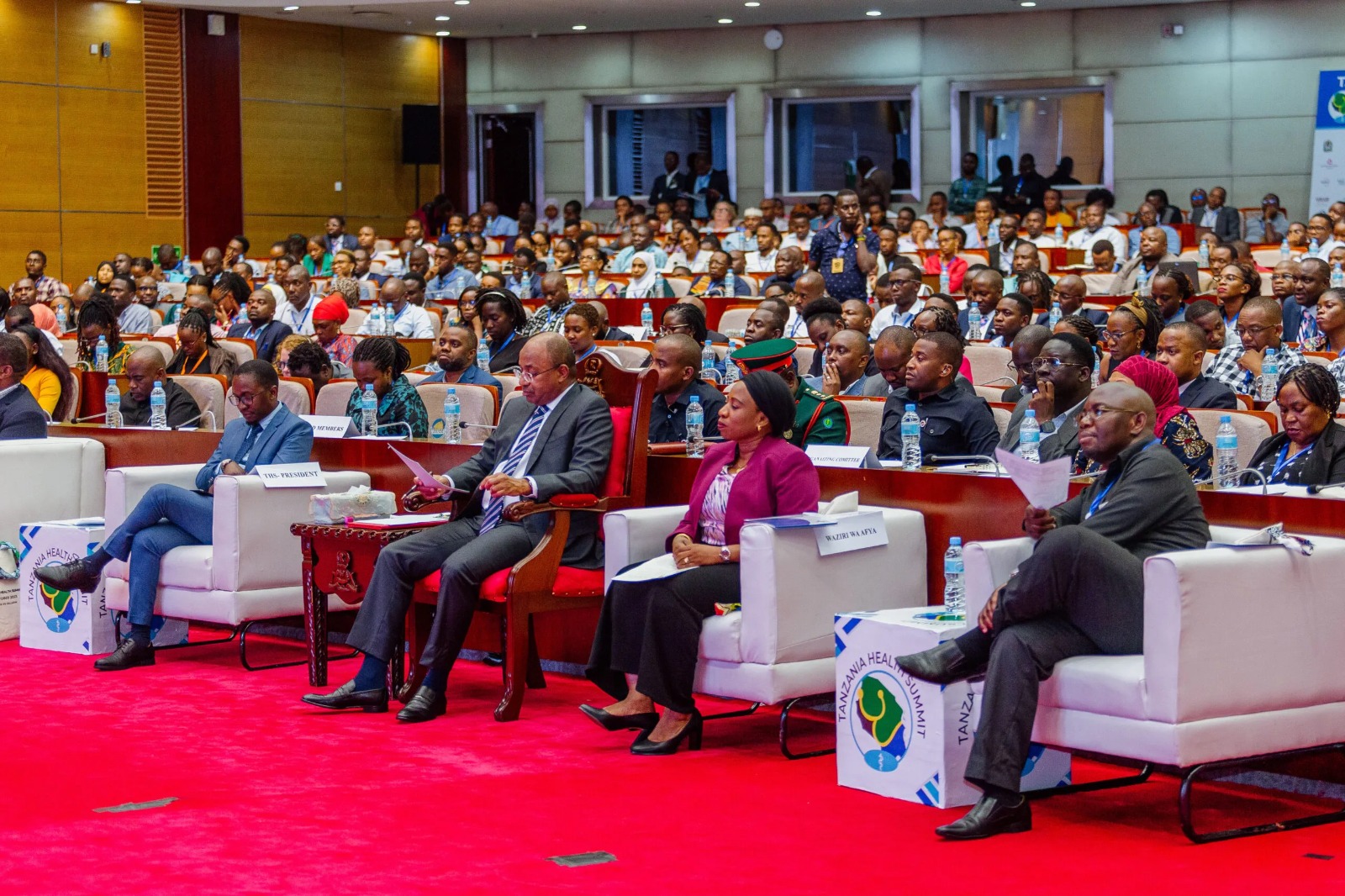
This observation, coupled with a shared passion for medical advancement, solidified Chillo’s determination to join forces with his colleague, Dr. Chakous Halfani, a cancer specialist and entrepreneur, together aiming to create a solution. By that time a STEPS Survey had shown a surge in the prevalence of Non-Communicable Diseases(NCDs) in Tanzania and the nation was at the point of brain-storming interventions.
“We saw an opportunity to create a platform that could foster open discussions about such health issues and provide a space for researchers, policymakers, and businesses to connect,’’Chillo said. “This platform would be more inclusive and accessible than the existing conferences. Additionally, it would provide a valuable marketing opportunity for health-related businesses like that of my colleague Dr. Chakou.”
Humble beginnings
Was it a walk in the park? This grand summit that’s seen today wasn't always a grand gathering. Its management roots can be traced back to a small, single room at Magomeni in Kinondoni District where TMHS, the main sponsor of the summit had its offices. There, Dr. Chillo and his dedicated colleague, Dr. Chakou laid the foundation for what would become a big summit.
“The team was just me, as the president of the summit and one assistant,’’ he said. With a limited budget, they often contributed from their own pockets to keep the summit afloat.
Then at times, Dr. Chakou and I had to contribute in turns from our pockets to pay the assistant,’’ he recalled.
“At the time, the conference was a top priority, we weren't thinking of personal development, yet we faced many challenges, especially on how to raise funds to keep the summit consistent. It was really tough.”
“I remember before we held the first summit, we had more than a 50 percent budget deficit. Organizations that sponsored us were less than five. Agha Khan Hospital was the first to come along. We remain grateful for their support.”
Learning on the job
As the summit grew, so did the challenges. Dr. Chillo recalls a particularly memorable incident involving protocols. When Prime Minister Mizengo Pinda graded the first summit, Dr. Chillo, unfamiliar with the intricacies of protocols, inadvertently sat in the wrong place after his speech.
“I had never known about protocols. Even delivering a speech was difficult.”
A One-Man Show
The early days of THS were a demanding period. As the sole driving force behind the summit, Dr. Chillo wore multiple hats. He was the event planner, the marketer, the PR person, and even the designer. The team's limited resources necessitated this hands-on approach. He often found himself working late into the night, preparing materials and ensuring the summit's smooth operation.
“I remember when I had to stay up until four in the morning preparing the conference book. I stayed up with the printer to finish the book. So, that means at 8 am I would just leave at least for just an hour, to get some sleep and then come back to the conference”
“Then, getting back to the summit gets more demanding as well. I literally had to follow everything.”
Dealing with unpredictable moments
On top of financing hurdles, Chillo says, “Sometimes the expectations of participants vary widely,” and that’s something he has learned to deal with over the years.
“For instance, if you invite a minister, they might send a representative instead. This is unpredictable because participants often expect to hear directly from the minister. Additionally, ministers have competing governmental duties that can prevent them from attending.”
Balancing academia and entrepreneurship
“I would wish to become a professor one day,’’ said Dr. Chillo and now that THS has evolved into an institution with a fairly bigger team, he feels that he can now settle and pursue his dreams in academia, while exercising leadership at THS.
“I can actually sleep these days, now that we have managed to grow our team to about 10. This allows me time for my academic work,” he said.
What makes a good quality health conference?
If you ask Dr. Chillo, the success of a health conference in Tanzania hinges on several key factors. First and foremost, the quality of content and speakers is paramount.
“'The quality of the content, the messages, and who delivers those messages .This means that speakers must be experts in their field and able to offer insights that directly address the country's pressing health challenges.”
Additionally, the conference must be sustainable, a challenge often exacerbated by poor planning. Dr. Chillo said, 'People expect conferences to be ongoing, but external or internal factors can affect this, often due to poor planning.' To ensure sustainability, organizers must be flexible and adaptable, anticipating potential challenges and developing contingency plans."
"Beyond quality and sustainability, innovation is also essential. Simply repeating the same format year after year will not attract and engage participants.”
“'There's a need for continuous innovation. Simply copying past programs is not enough. We need to add new elements like art forums, innovation, and tourism.'
“Finally, learning from past mistakes is crucial. 'Participants often become complacent. I remember in the first and second years, we lost a lot of participants because we weren't focused on satisfying them.' By carefully listening to feedback and making necessary adjustments, organizers can ensure that their conferences remain relevant and impactful."
Why Zanzibar?
As THS marked its 10th Anniversary last year, Dr. Hussein Ali Mwinyi, President of Zanzibar and Chairman of the Revolutionary Council, who had graced the summit, personally invited the organizers to host a conference in the Indian Ocean Archipelago, which according to Dr. Chillo “provided the necessary impetus” for a successful event.
“After a thorough assessment, we identified a venue that could accommodate our needs. Hence, we announced that the conference would be held in Zanzibar.
“Initially, we were uncertain about the turnout, but the response has been overwhelmingly positive,’’ he said.
He explains that the high level of participation and engagement from various organizations demonstrates that Zanzibar has embraced this event and that the Ministry of Tourism is fully committed to supporting it. This not only boosts tourism but also provides a valuable opportunity for networking and knowledge sharing.
By Syriacus Buguzi
Top Headlines
© 2025 IPPMEDIA.COM. ALL RIGHTS RESERVED











